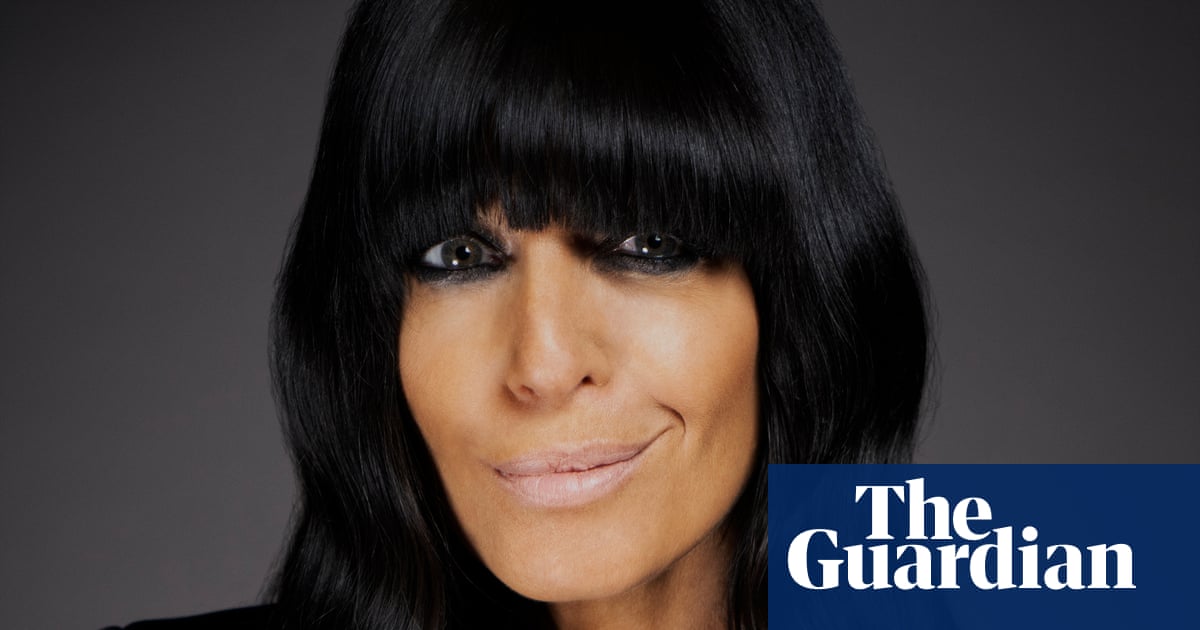Arts organisations and artists have said they are still in “funding limbo” with mounting bills and uncertain futures after this summer’s crash of Arts Council England’s grant processing platform.
ACE’s online portal, Grantium, was used by artists to submit and manage funding applications. But when it crashed in July, it left thousands of applications for vital funding in doubt – a situation that persisted for several months until applications reopened in late September.
Individual artists and leaders of arts institutions have said that, after the crash, they received less money than initially offered by ACE, which is also accused of revoking funding application extensions for organisations affected by the collapse of the portal.
ACE claimed the outage was caused by the inability of Grantium to operate with high traffic at a time when the system was being updated. The arms-length arts funder currently distributes about £500m of public money and more than £250m of national lottery money annually, while employing 650 people.
Grantium launched in 2016 and was heralded as a system that would “help to bring [ACE] into the 21st century”. It was supposed to cut out the bureaucracy of the old paper-based system, be “fit for purpose” and create estimated annual savings of £1m for ACE.
But many people the Guardian spoke to described chaos and confusion in the aftermath of the Grantium shutdown.
Pui-Ka Cheng is the writer, director and fundraiser for Drift, an ACE-funded project that had performances at the Lowry’s Aldridge Studio in Salford earlier this month.

Drift received approval from Grantium on 17 July, according to Cheng. But she encountered difficulties in submitting her bank account details shortly afterwards.
When Grantium started having problems, Cheng sent numerous emails, made phone calls and submitted inquiries through the ACE website “without receiving proper assistance. Unfortunately, we only received incorrect links in response.”
She added: “We have not received any funding from the Arts Council. Consequently, none of our team members have received artist fees and I have had to cover all expenses from my personal savings.”
Grantium has been criticised for years by those who have to use it. In May 2024, an open letter was sent to Dame Mary Archer, who was at that time heading a review into ACE, which is now led by Margaret Hodge.
Figures including Shakespeare’s Globe chief executive, Stella Kanu, Actors Touring Company boss, Matthew Xia, and Live Theatre artistic director, Jack McNamara, called for a “transformation” of Grantium to make the grant process more “streamlined, equitable and transparent”.
Pepa Duarte, an actor and theatre maker in London, said the outage caused problems for a £28,000 grant she received from ACE for her touring exhibition Sharing Ingredients. Duarte said ACE ended up underpaying her by £1,500 – money that would have covered her rent.

Grantium collapsed when Duarte was due to file her final report, which includes income and expenditure, and is needed before the final payment is received from ACE.
After weeks of being unable to submit her report, Duarte was asked to do it all manually in a Word document. “I had to put my expenditure in line by line,” she said. “You can imagine, with the amount of money these grants signify, trying to do it like that. I had nothing to support the maths of it all.”
Duarte said that previously ACE would assist if an error was made or the final report missed, but after the Grantium crash, she struggled to get replies from ACE, which eventually claimed she had underspent and therefore her final payment was lowered.
after newsletter promotion
“The difference in the money they’re not paying me might be very little for them, but for me it’s two or three months of rent,” she said. “Artists shouldn’t be paying the price for the chaos they’ve found themselves in.”
Other arts professionals have described a “cruel” bureaucratic process where they seemed to be punished because of the extra workload caused by the Grantium crash.
Jo Hunter, the co-founder and chief executive of 64 Million Artists, the Gloucestershire-based arts provider, told the Guardian her organisation had been given an extension to apply for grant funding this summer.
But after the Grantium crash, the organisation was told that extension had been revoked, meaning that the company – which is closing its public arm – had to rethink the final few months of its programme and look elsewhere for funding.
“It was a ‘computer says no’ moment in which no one could seem to interrupt the system,” she said. The musician Brian Eno eventually stepped in and donated £10,000 but many organisations haven’t been as fortunate.
Since the Grantium outage, arts unions have worked to highlight the impact the crash created for artists. In August, Equity said the “system meltdown is just the latest in a litany of governance failures. Every time it is struggling artists who pay the price.”
Reaction to ACE’s new system and whether it offers an improvement on Grantium, has been mixed. Daniel Bernstein, the chief executive of Emergency Exit Arts, said the system “feels clunkier”.
Last month, the culture secretary, Lisa Nandy, said there would be no extra financial support available to overhaul ACE’s grant application system. “It is a matter for them,” Nandy said. “We didn’t get additional money in the spending review to give them a new system.”
An Arts Council England spokesperson said: “Following the technical issues we experienced over the summer, we devised new application processes to ensure artists and organisations could access our funding as straightforwardly as possible. We’re sorry for the disruption caused by the original outage and grateful for the patience applicants showed as we worked to put alternatives in place. These are now up and running, and working well.
“Since that point, we have made over 3,900 grant payments totalling over £203m to individuals and organisations around the country. When delivering any grant funding at this sort of scale, it’s invariably the case that a small number of applicants will encounter some issues. Whenever this happens, we work as quickly as we can to put this right, so applications are processed and payments are made as swiftly as possible.”

 1 month ago
63
1 month ago
63

















































